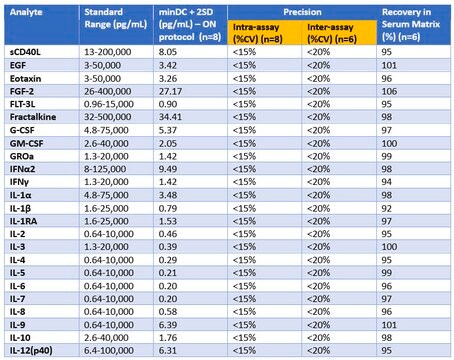MABS456
Anti-PTP1B Antibody (Oxidized), clone scFvs 45
clone scFvs 45, from chicken
Synonym(s):
Tyrosine-protein phosphatase non-receptor type 1, Protein-tyrosine phosphatase 1B, PTP-1B
About This Item
Recommended Products
biological source
chicken
Quality Level
antibody form
purified antibody
antibody product type
primary antibodies
clone
scFvs 45, monoclonal
species reactivity
human
technique(s)
immunoprecipitation (IP): suitable
NCBI accession no.
UniProt accession no.
shipped in
wet ice
target post-translational modification
unmodified
Gene Information
human ... PTPN1(5770)
General description
Specificity
Immunogen
Application
Immunoprecipitation Analysis: This antibody immunoprecipitated PTP1B (Oxidized) recombinant (aa 1-321; WT and CASA mutant) (Haque, A., et al. (2012). Nature America. 7(12):2127-2143).
Inhibits Activity/Function Analysis: A representative lot detected PTP1B (Oxidized) in recombinant PTP1B (aa 1-321; WT and CASA mutant) and scFv45) (Haque, A., et al. (2011). Cell. 147:185-198).
Inhibits Activity/Function Analysis: A representative lot detected PTP1B (Oxidized) in recombinant PTP1B (aa 1-321; WT and CASA mutant)and scFv45) (Haque, A., et al. (2012). Nature America. 7(12):2127-2143).
Signaling
Signaling Neuroscience
Quality
Immunoprecipitation Analysis: 278 ng of this antibody detected PTP1B (Oxidized) in recombinant PTP1B (aa 1-321; WT and CASA mutant) and scFv45 cell lysate.
Target description
Linkage
Physical form
Storage and Stability
Other Notes
Disclaimer
Not finding the right product?
Try our Product Selector Tool.
Storage Class Code
12 - Non Combustible Liquids
WGK
WGK 1
Flash Point(F)
Not applicable
Flash Point(C)
Not applicable
Certificates of Analysis (COA)
Search for Certificates of Analysis (COA) by entering the products Lot/Batch Number. Lot and Batch Numbers can be found on a product’s label following the words ‘Lot’ or ‘Batch’.
Already Own This Product?
Find documentation for the products that you have recently purchased in the Document Library.
Our team of scientists has experience in all areas of research including Life Science, Material Science, Chemical Synthesis, Chromatography, Analytical and many others.
Contact Technical Service







